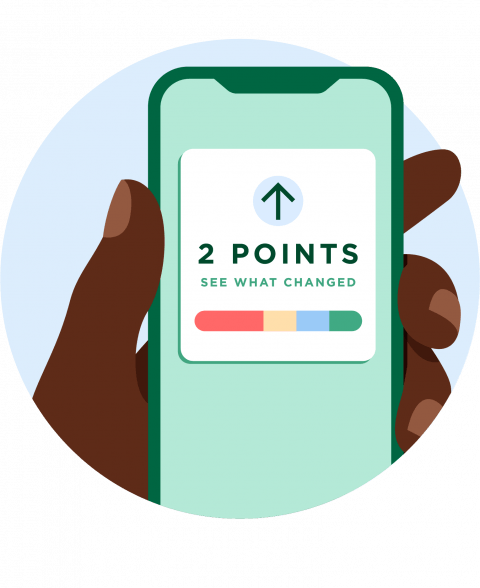Inflation is the rising cost for goods and services. It is an obvious presence in our everyday lives. It is evident in the higher prices we pay at the grocery store for cereal and at the pump for gas. Although inflation is most noticeable in our budgets and other financial areas, it can also affect our credit scores.
What is the relationship between credit and inflation? Although inflation doesn’t directly impact credit scores, it can have an effect on the behavior that scoring models use in determining credit scores. For example, payment history and credit utilization.
How does inflation affect credit scores?
Inflation won’t usually do any good to your credit score. It can also reduce our purchasing power. To make ends meet, consumers are spending more on purchases and turning to personal loans and credit cards. To combat inflation, the Federal Reserve has increased interest rates repeatedly. Higher interest rates can make it more costly to carry debt.
Two main ways that rising costs can impact your credit score are: This is where inflation is most likely take a hit:
Your payment history
Your credit score is largely determined by your payment history. This record shows whether you have paid your bills on time. This is 40% of your VantageScore score 3.0 and 35% of FICO scores. As inflation increases, your risk of missing payments can increase.
Due to rising prices for goods and services, as well as interest rates, bills are increasing. Workers say that their wages aren’t keeping pace. This dangerous combination means that consumers have less money to pay their loan and credit card payments. If your credit is usually in good standing, a late payment could cause a 100-point reduction in your credit score.
Your credit utilization
Credit utilization is another important factor in credit scores. This refers to how much credit you use relative to the available credit. Low utilization is rewarded by credit scoring models, which consider excessive credit use to be risky. Inflation can make it difficult to keep utilization low.
According to TransUnion’s Q3 2022 Quarterly Credit Industry Insights report, consumer balances increased 8.6% between the third quarter 2021 and the same time period in 2022. Higher credit utilization rates are associated with higher balances. If you have a $1,200 balance on a card with $5,000 limits, this works out to 24% credit utilization ratio. Your utilization rate jumps to 34 %.
You should not use more than 30% of your credit limit. The lower the number, the better. Your FICO score and 20% of VantageScore 3.0 score are affected by utilization.
Protecting your credit score in times of inflation
It is important to be vigilant about your credit, inflation or not. These tactics will help you avoid defaulting on a loan, or exceeding your credit limit.
-
To reduce your spending, be cautious about how much credit is being used. You can also make additional monthly payments to lower your credit utilization.
-
Pay your bills on time. You can set reminders to remind you of payment due dates, or you can arrange to pay your bills electronically.
-
Ask for an increase in your credit limit. Ask your issuer for a credit limit increase if you are relying more on credit than you used. If you don’t spend more, a higher credit limit will decrease your credit utilization ratio. You can also apply for a new card. The limit of a new card may be higher than the one you have, but it will increase your credit limit. Opening a new credit card can affect your credit score by reducing the age of your existing accounts.
-
Consider your options for assistance. Contact United Way’s 1-2-1-1 for assistance in paying your bills and easing the credit burden. Nonprofit credit counseling services might be able to help you if you are having trouble repaying debt.
Receive score change notifications
Get notified whenever your score changes and see your free score. Build it with customized insights.
